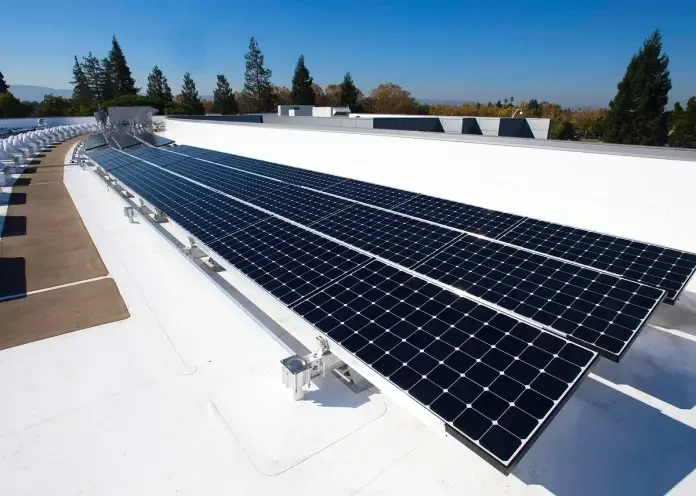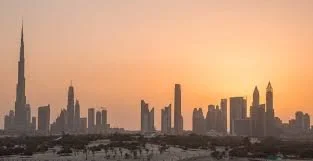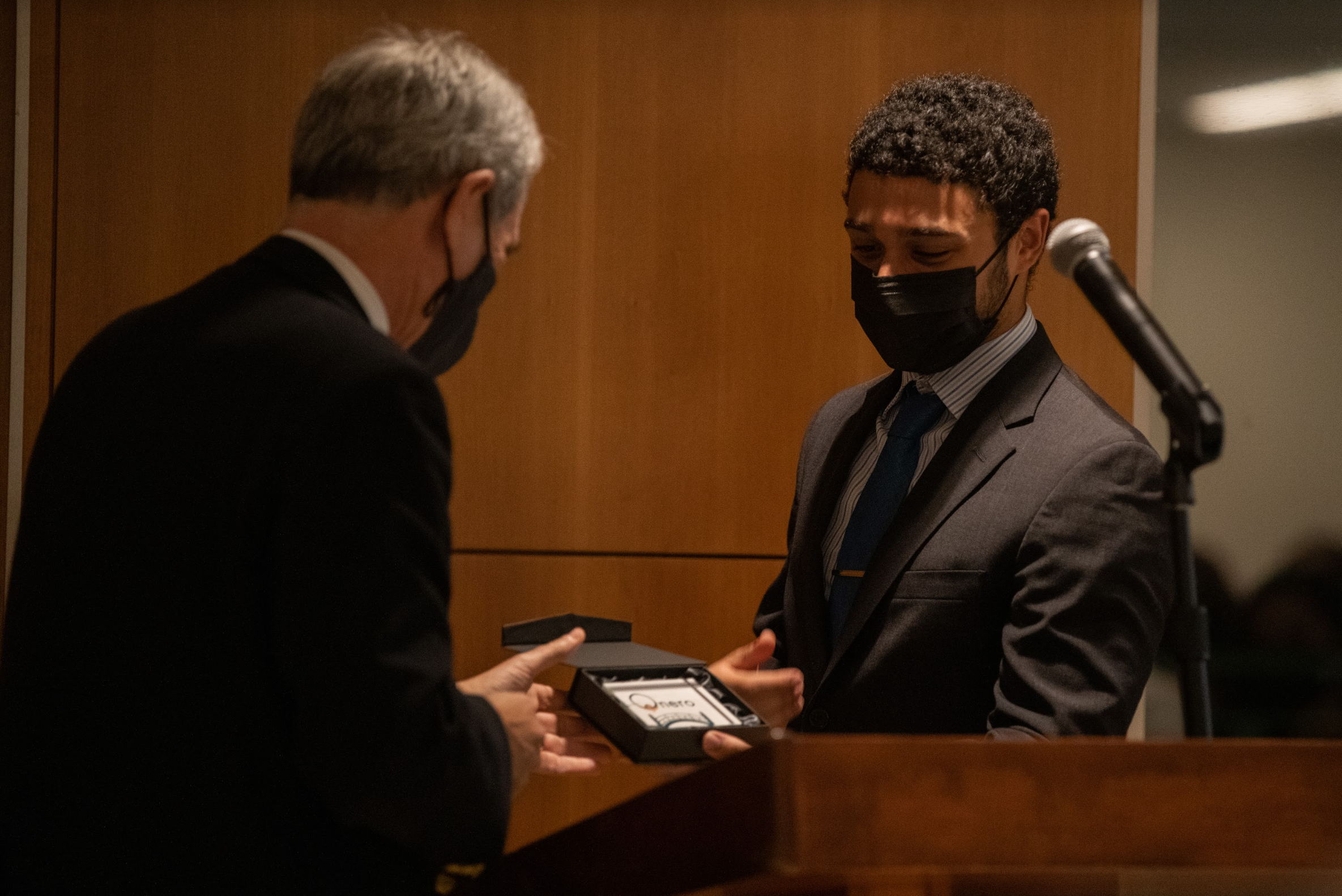Onero Research
Date Published
- January 2026
- December 2025
- November 2025
- August 2025
- July 2025
- June 2025
- May 2025
- April 2025
- March 2025
- February 2025
- January 2025
- December 2024
- November 2024
- October 2024
- September 2024
- August 2024
- July 2024
- June 2024
- March 2024
- February 2024
- October 2023
- March 2023
- February 2023
- January 2023
- November 2022
- October 2022
- January 2022
- November 2021
- October 2021
- August 2021
- July 2021
- March 2021
- September 2020
- August 2020
- July 2020
- February 2020
The Iran-Iraq War and the Securitization of Iran’s Energy Sector
This paper argues that the Iran-Iraq War was essential to the securitization of Iran’s energy sector by transforming it from a standard political issue into a matter of national survival. The paper will first examine how Iran enabled the Islamic Revolutionary Guard Corps (IRGC) to consolidate control of the country’s energy industry as a means of safeguarding it from external pressure, followed by an investigation into how the regime created a secret “shadow fleet” network to facilitate illicit oil exports, which Iran began to perceive as a crucial tool for its survival. Finally, the paper will explore how Iran has employed a range of unconventional tactics to defend its critical energy infrastructure from external attack, thereby cementing Tehran’s energy sector as a top priority for the regime.
Contextualizing the Modern Captagon Trade
This is the first in a multi-part series exploring Captagon and the future of the amphetamine trade inside the Middle East. In this article, we contextualize the importance of Captagon and explore its associated trade to both the former Assad regime and various non-state actors within the Middle East.
Hydrogen’s Role in Economic Diversification and Market Growth in the Gulf
For decades, the economic prosperity of the Gulf states has been inextricably linked to oil and gas exports. These resources have fueled rapid development, infrastructure expansion, and geopolitical influence. However, as global demand for fossil fuels slows in response to climate change initiatives, net-zero commitments, and carbon pricing mechanisms, the Gulf states must adapt or risk economic stagnation.
The Rise of the Gulf’s Hydrogen Economy: Oman, Saudi Arabia, and the UAE’s Path to Global Leadership
The global energy landscape is undergoing a seismic shift as countries seek cleaner, more sustainable alternatives to fossil fuels. Hydrogen has emerged as one of the most promising solutions, capable of decarbonizing industries, replacing natural gas, and powering the world’s future energy networks. As the global race for hydrogen leadership accelerates, the Gulf states—Oman, Saudi Arabia, and the UAE—are stepping up as major players in this emerging economy.
The Future of Lebanon: Can New Leadership Overcome the Past?
Lebanon’s new leadership under President Joseph Aoun and Prime Minister Nawaf Salam signals a potential shift from years of political deadlock and economic collapse. As they take office, they must confront deep-seated corruption, rebuild state institutions, and manage regional instability, all while balancing sectarian divisions and international expectations.
Imperial Legacies and Modern Exceptionalism: Diverging Paths of National Identity in Turkey and Iran
The imperial histories of Iran and Turkey have left an enduring imprint on their modern political identities, ideologies, and the public preferences of their citizens. Their similarities and distinctions present a unique case study of how historical grandeur informs modern governance.
Social Activism Beyond the Veil: Joint Efforts of Secular and Islamic Feminists In 1990s Iran
This article aims to provide a new framework for analyzing the feminist movement in relation to religious symbols in Iran. After interpreting the literature in the field, it is clear that feminism and Islamic feminists have joined forces in the past in order to accomplish social change. Secular and Islamic feminists did not have a collective identity, but for a period of time they were united by collective goals. Thus, collective goals are a means of accomplishing social change.
The Rationality of the Iranian Regime: An Analysis of Why Iran’s Leaders Want Nukes
Why has Iran resolved to ensure crippling sanctions and exist as a pariah state in the international system? Is the Iranian leadership rational for seeking nuclear weapons?
Sanctions and the Iranian Nuclear Program: America’s Bizarre Diplomatic Maneuver
As Joe Biden begins his term as President of the United States, he is left with the question of how to best tackle the dispute between the United States and Iran over the Iranian nuclear program and the JCPOA. To best understand how the Biden administration ought to proceed, it is important to first understand the legal context behind the final actions of the Trump administration and what strategy they wished to pursue.
Federalism in a Unitary Desert: Analyzing the Successes of Federal Political Structure in the United Arab Emirates
For much of its modern history, the Middle East has experienced widespread instability and low-legitimacy governance. However, since its independence in 1971, the United Arab Emirates (UAE) has managed to circumvent many of the obstacles that face other regimes in the region. The Emirati federal system sets the UAE’s government apart from its neighbors and presents an interesting model for federalism in the Middle East. Yet, the UAE benefits from unique circumstances that allow its federalism to act as a stabilizing factor.












